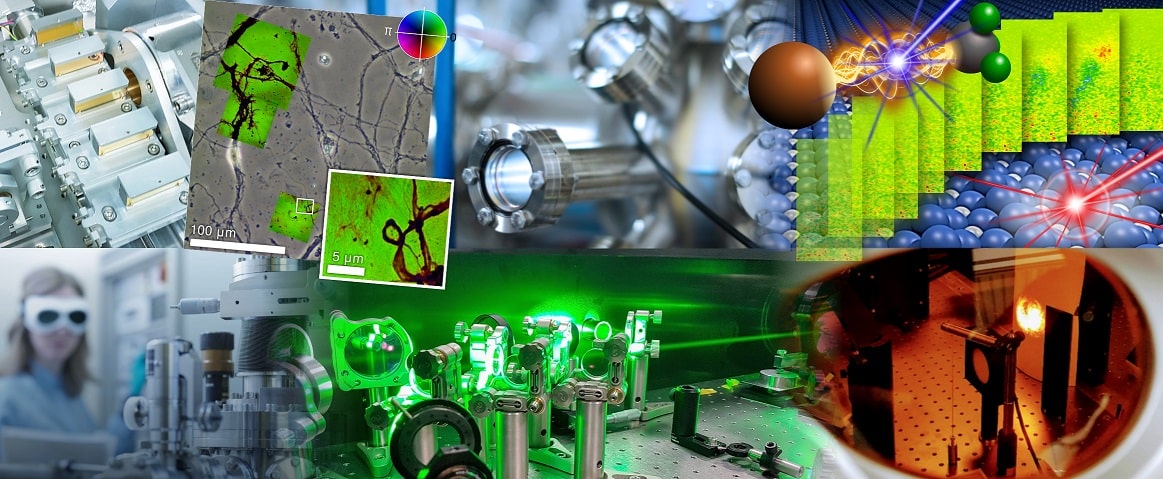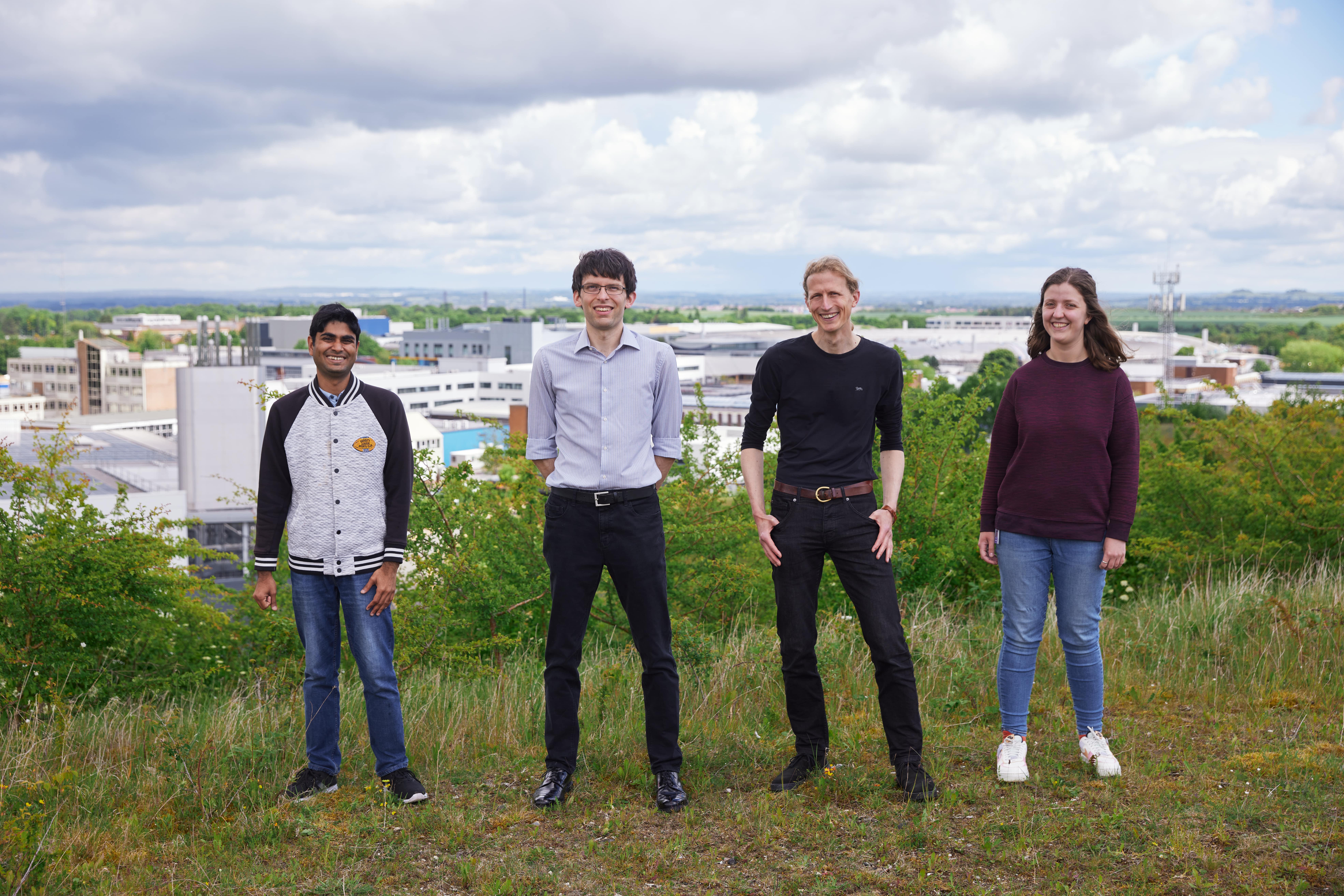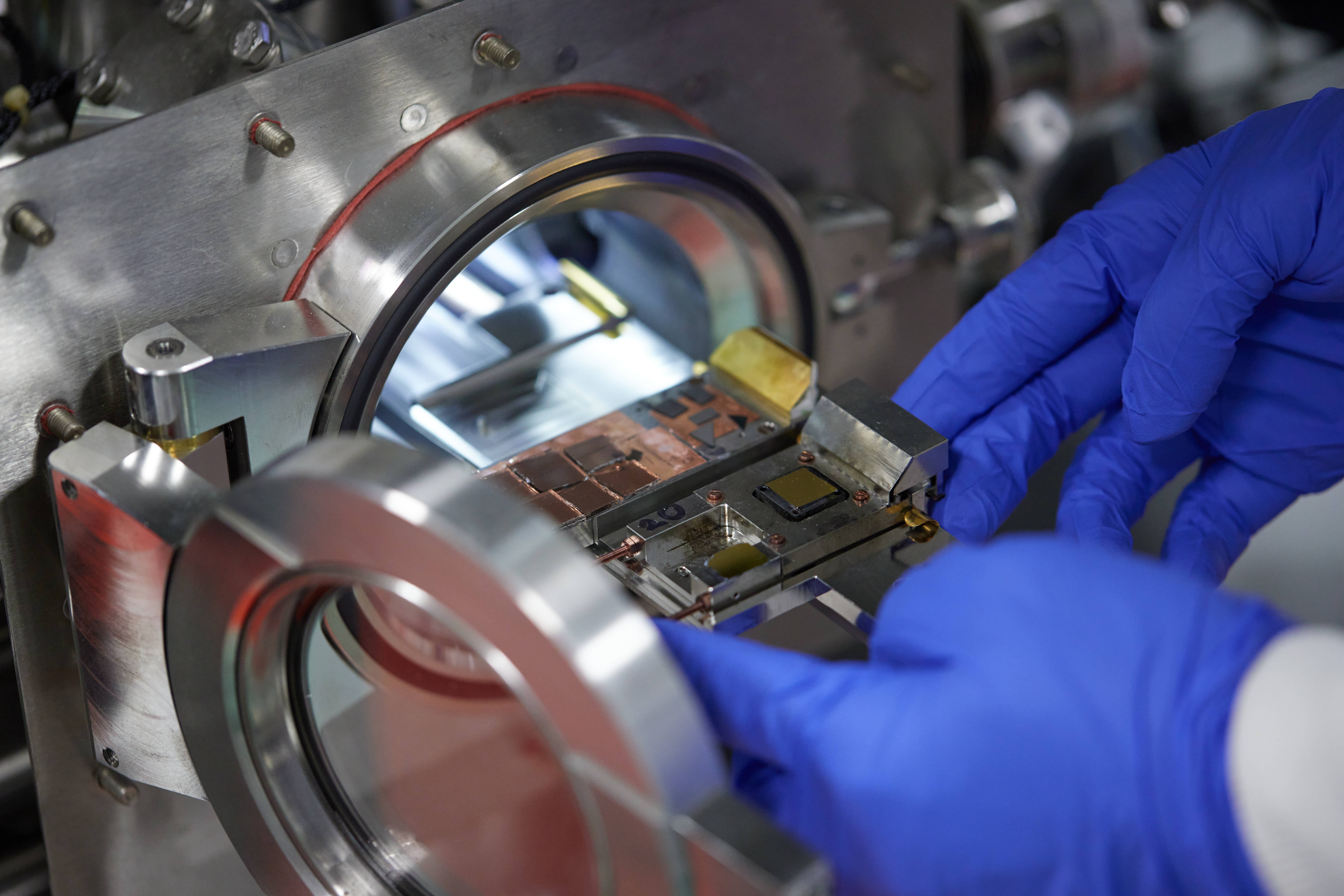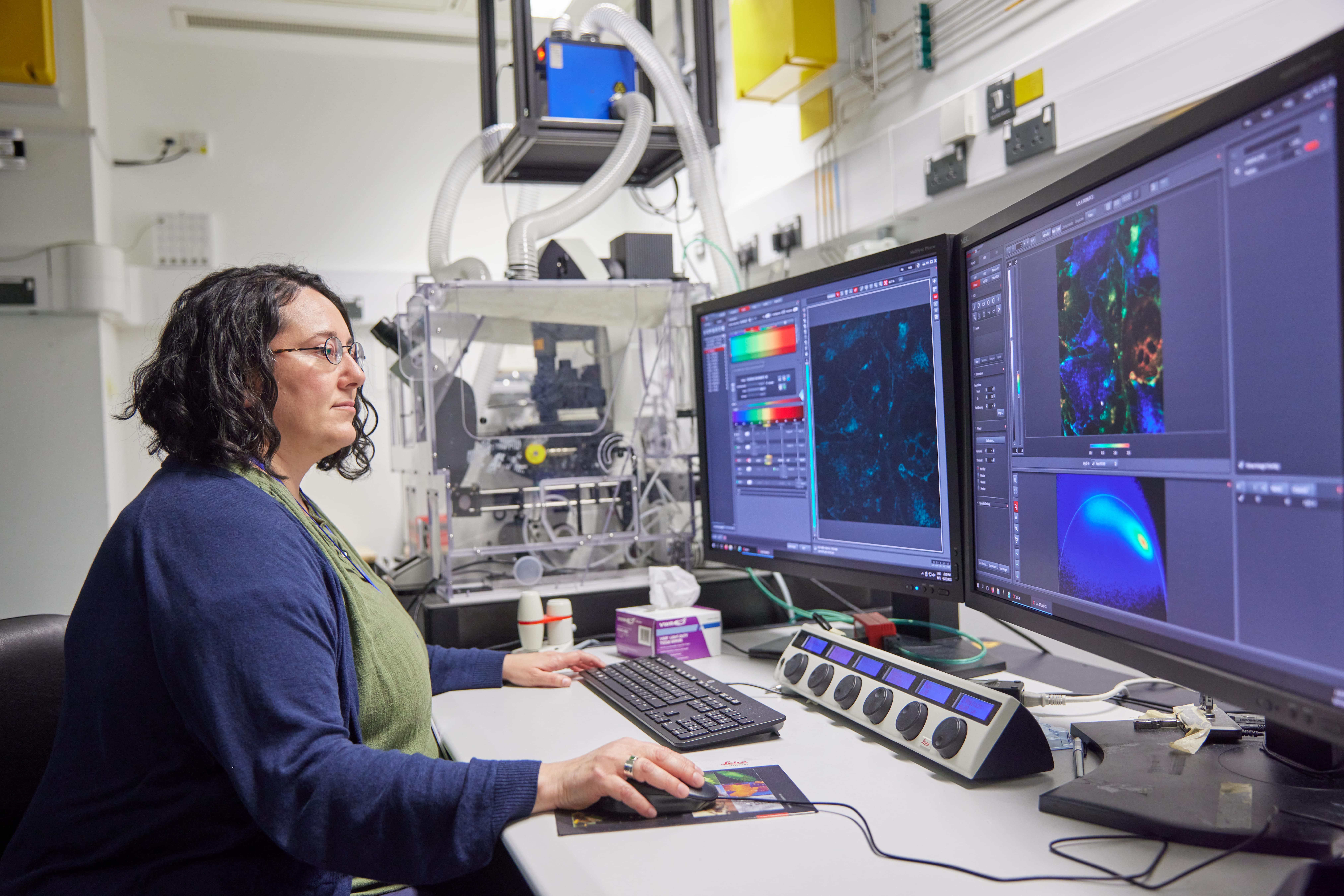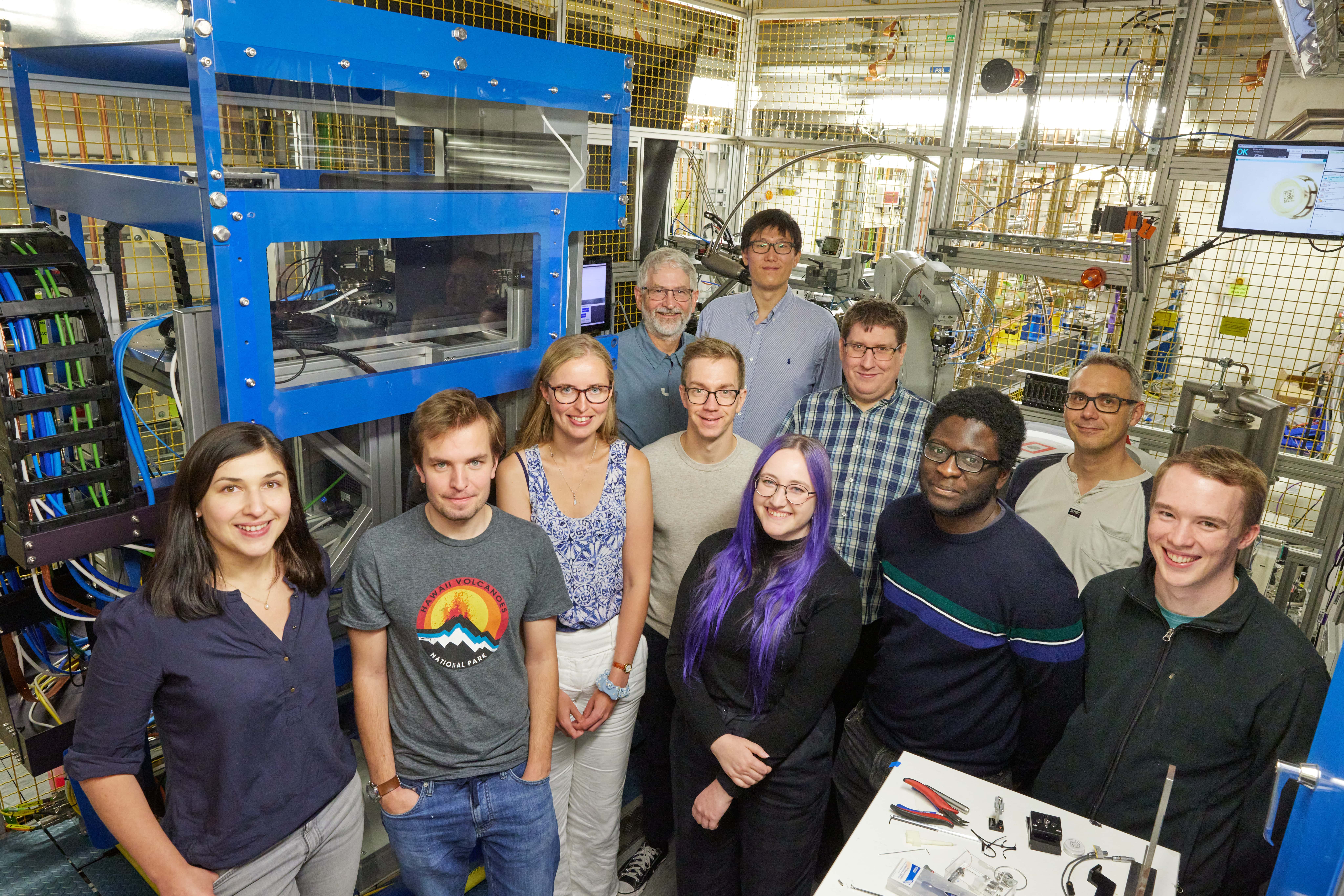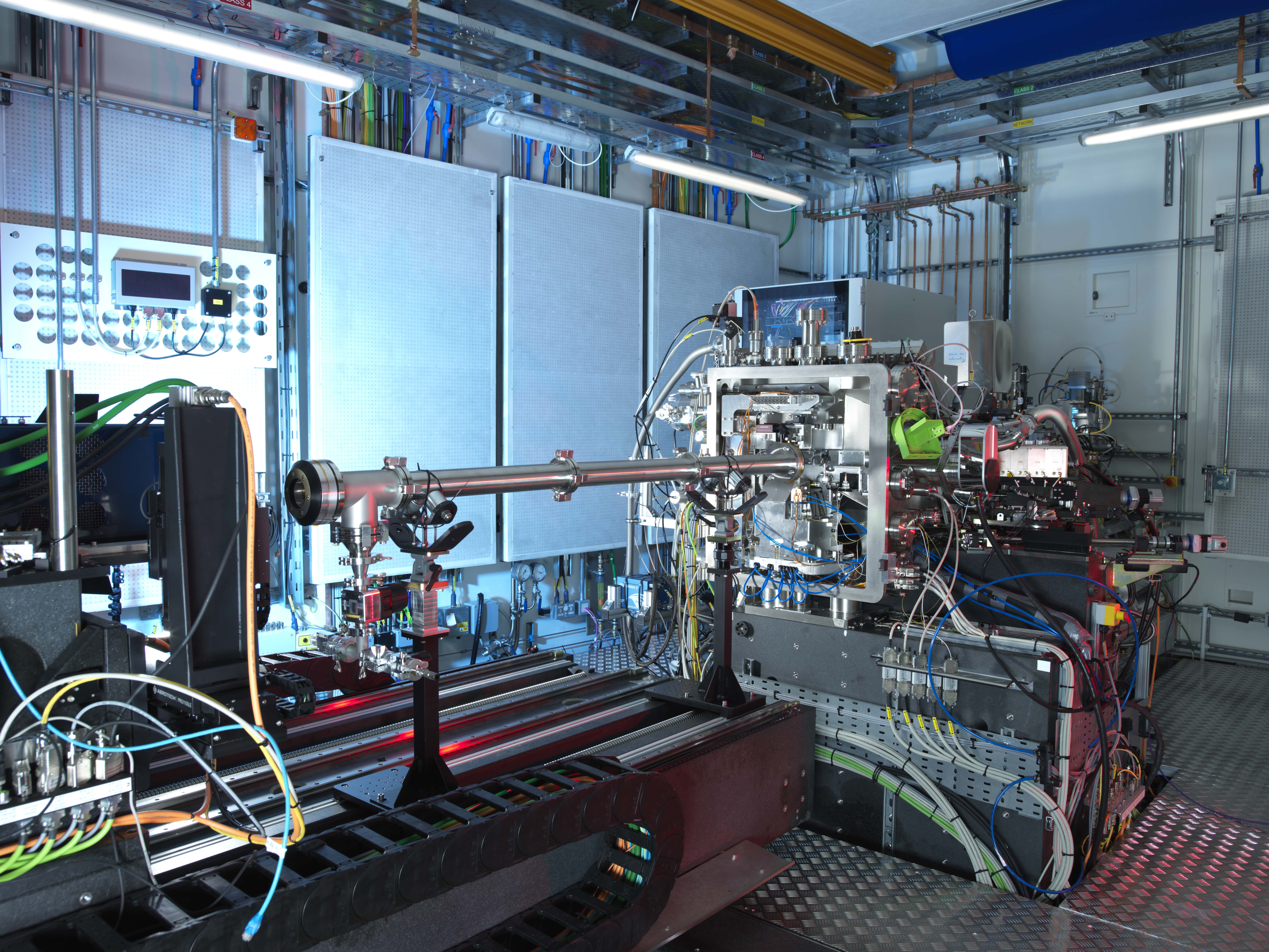Lignin Depolymerization over Transition metal-based Catalysts: from Hydrogenolysis to Oxidation
Introduction
Lignin is the only renewable natural resource with abundant aromatics in nature, and it’s highly desirable to develop cheap and efficient catalysts to obtain value-added aromatics from lignin. We initially employed a cheap platinum-like Tungsten carbide catalyst for lignin hydrogenolysis and explored the roles of each tungsten species in lignin depolymerization. By developing a controllable and reproducible oxidative modification method, it is possible to obtain oxidized lignin with a certain oxidation degree (referred to as ligninOX). We have subsequently applied an oxidation-hydrogenolysis strategy to lignin depolymerization, i.e., pre-oxidized the lignin to reduce the bond energy of C-O/C-C polymer structure, which is followed by the hydrogenolysis of ligninOX. This study dialectically revealed the advantages/disadvantages of our oxidation-hydrogenolysis strategy compared to solely hydrogenolysis. More recently, we have adopted an oxidation-oxidation strategy, i.e. the oxidatively depolymerize the pre-oxidized ligninOX, which provides high selectivity of carbonyl-containing aromatics, under alkaline-free conditions, compared with oxidation-hydrogenolysis that typically yields aromatic monomers with varied linkages.
Speaker Bio: Haiwei Guo works as an associate professor at Hebei University of Technology. She received her PhD degree in 2019 in the field of lignin depolymerization by heterogeneous catalysts from Dalian Institute of Chemical Physics, Chinese Academy of Sciences, directed by Prof. Tao Zhang. As part of her PhD, she spent one year studying at the University of St Andrews with the supervision of Prof. Nicholas James Westwood from 2016 to 2017.
Her current research interests focus on lignin valorization over transition metal-based catalysts such as tungsten carbide or atomically dispersed catalysts.


